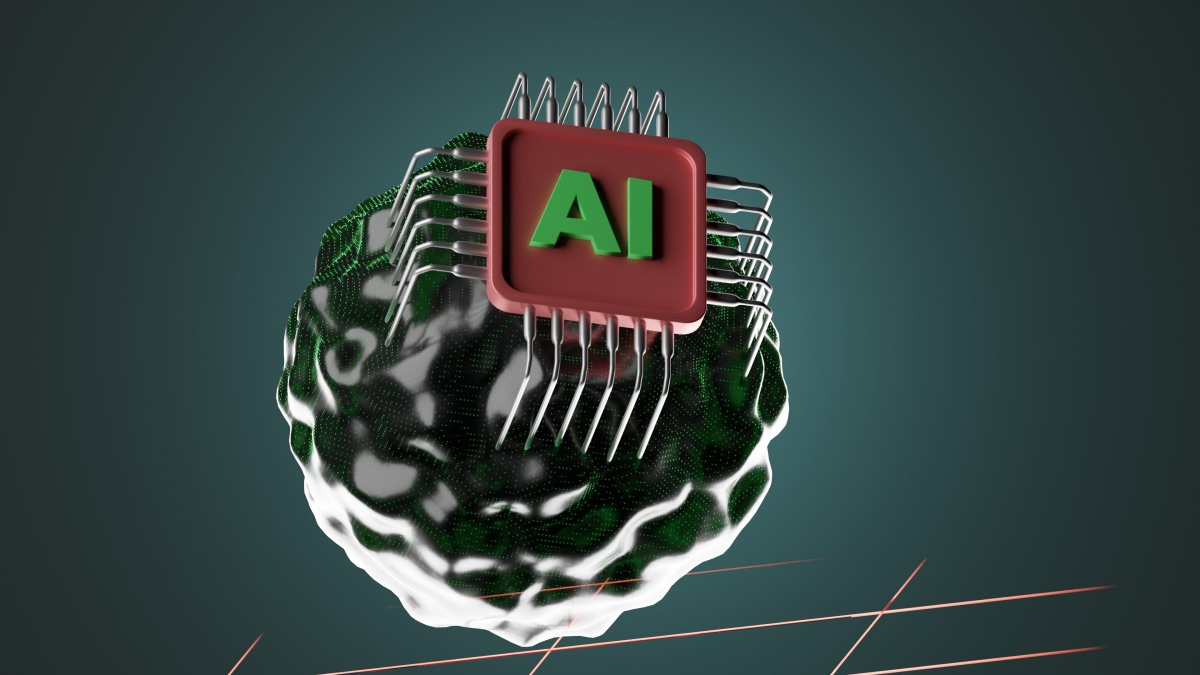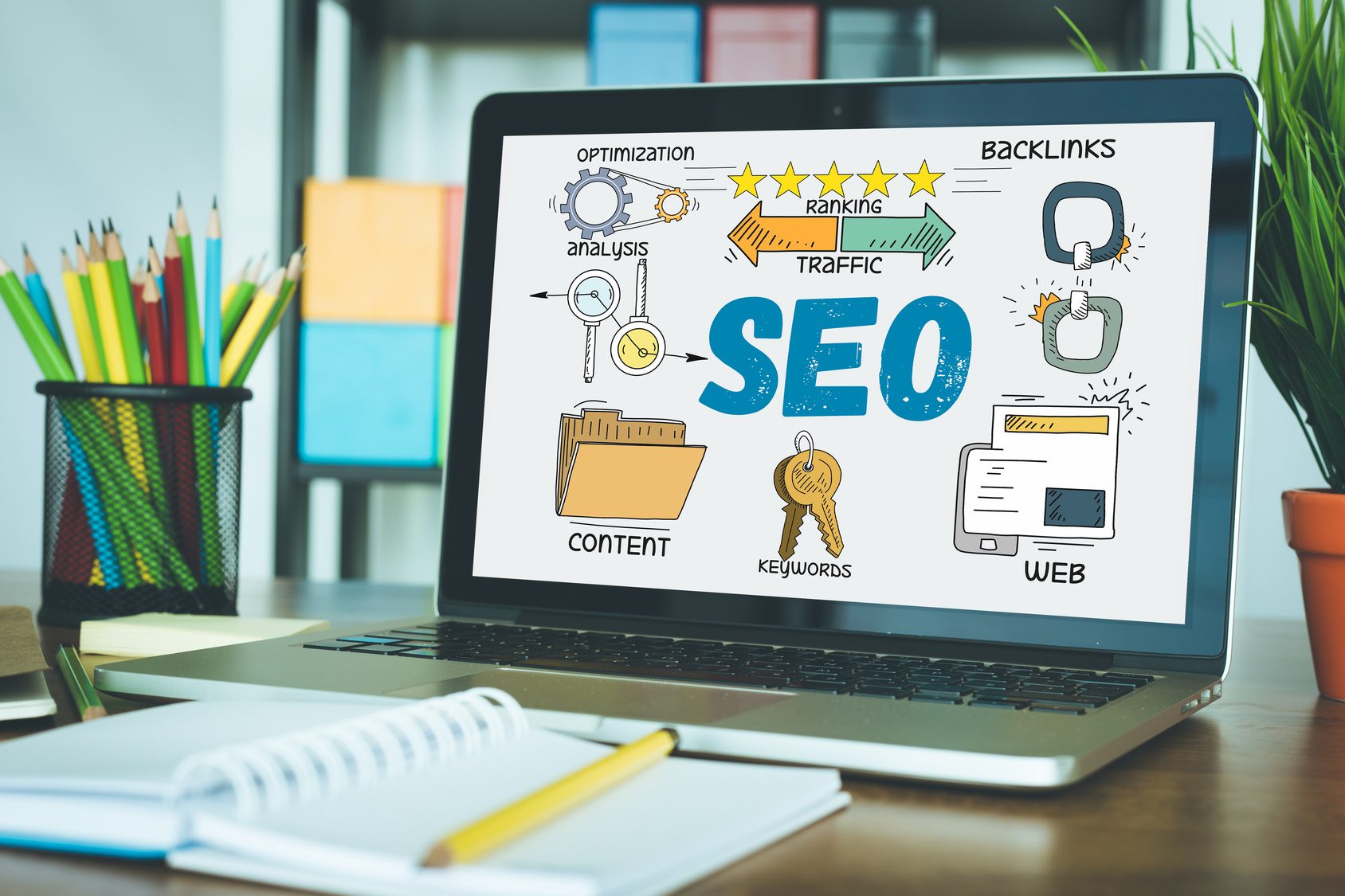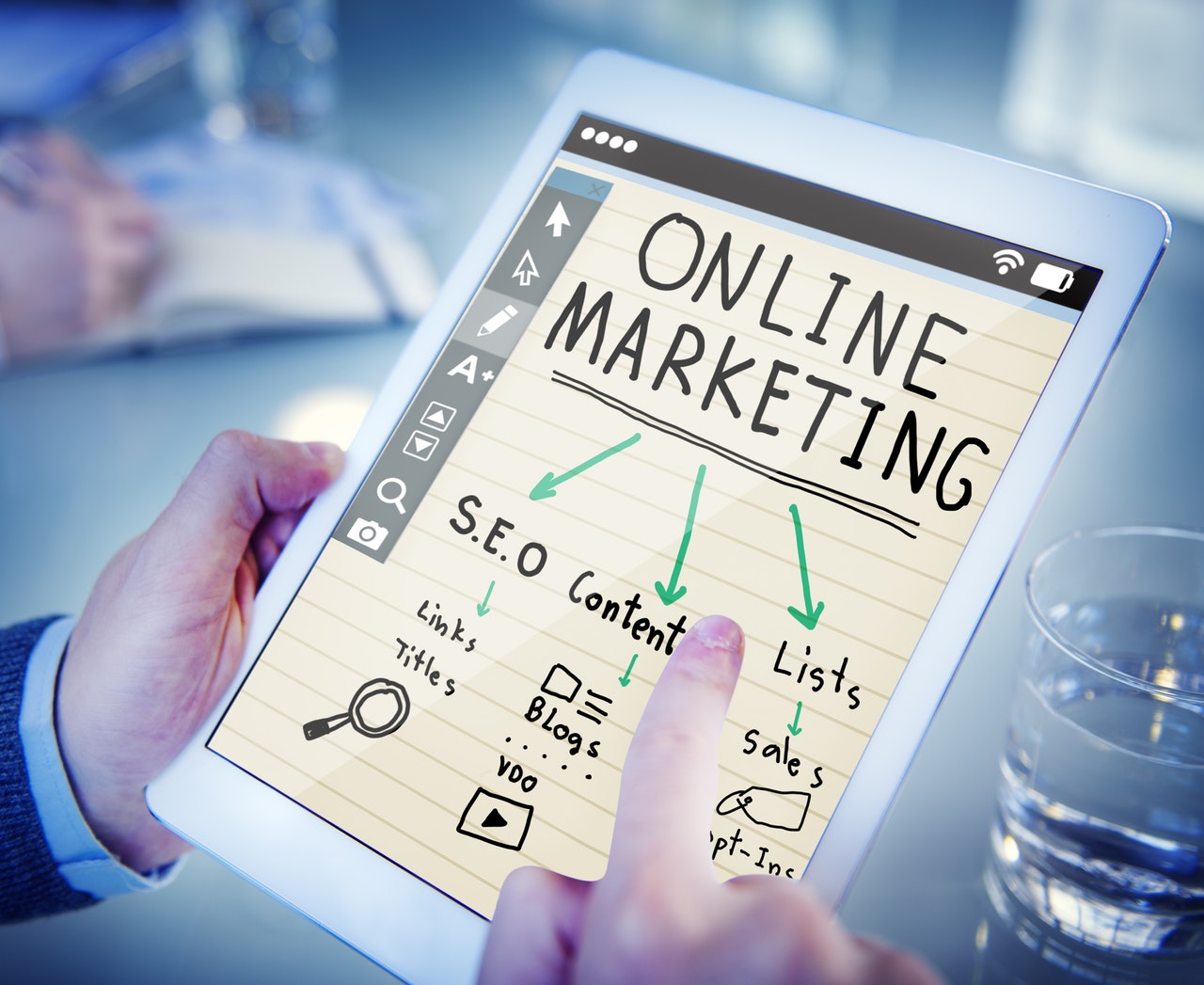As artificial intelligence continues to evolve, it is transforming industries across the globe. Digital marketing, one of the most dynamic fields in recent years, stands at the forefront of this transformation. AI-generated content is now increasingly common, and its effects on digital marketing strategies are profound. From personalised ad campaigns to content generation at scale, AI is redefining how brands interact with audiences. But what does this mean for the future of digital marketing, and how should businesses adapt to leverage these changes effectively?
 The Rise of AI-Generated Content
The Rise of AI-Generated Content
AI-generated content has moved beyond basic automation and predictive algorithms, entering a space where it can create human-like, contextually relevant content. With AI tools capable of producing high-quality text, images, and even video, brands can now create engaging materials with unprecedented speed and efficiency.
Content creators, particularly in digital marketing, benefit from AI’s ability to analyse data and generate targeted content that resonates with audiences. By using machine learning algorithms, AI can draw from vast datasets to learn what type of messaging appeals to different demographics. From a content creation perspective, this eliminates some of the guesswork and allows marketers to produce assets that speak directly to the needs and preferences of their audiences.

Personalisation and Audience Segmentation
One of the most significant advantages of AI in digital marketing is the ability to personalise at scale. AI-driven content platforms use data insights to craft personalised messages, delivering them to the right audience at the optimal time. For example, an e-commerce platform might use AI to recommend products to individual users based on their browsing and purchasing histories.
AI-generated content also allows marketers to create hyper-personalised ad campaigns that resonate with specific audience segments. This level of personalisation extends beyond basic demographic targeting; AI can consider behavioural patterns, engagement history, and real-time location data. As a result, brands can increase their return on investment by ensuring that marketing efforts reach audiences who are most likely to respond.

Improved Efficiency and Cost-Effectiveness
Traditional content creation can be a time-consuming and expensive process, especially for brands with large marketing campaigns that require high content volumes. AI-generated content can streamline these processes by automating repetitive tasks, reducing the need for constant human intervention. This has a twofold impact: it cuts costs by reducing reliance on manual work, and it accelerates the speed at which content can be produced and deployed.
However, it’s essential to strike a balance. While AI-generated content is efficient, maintaining a human touch remains crucial, especially for brands that want to convey authenticity and emotional depth. A hybrid approach—where AI handles repetitive tasks, while human creators focus on strategy and refinement—can provide a practical solution.

Content Quality and Ethical Considerations
As the sophistication of AI-generated content grows, so do concerns about quality and authenticity. While AI can produce grammatically correct and informative content, it lacks the nuanced creativity and emotional intelligence that humans bring. Audiences are increasingly savvy and may quickly detect content that feels ‘robotic’ or lacks personality. Digital marketers must ensure that AI-driven strategies complement, rather than replace, human creativity.
Ethical concerns also emerge around transparency and authenticity. AI-generated content raises questions about disclosure—should audiences know when they’re reading or watching AI-generated materials? And, more critically, how do brands safeguard against misinformation when using AI tools that may inadvertently produce inaccurate content? Brands must navigate these issues carefully, balancing innovation with ethical responsibility.

SEO and AI: A Transformative Duo
Search engine optimisation (SEO) is another area where AI-generated content is making waves. AI can quickly assess keywords, trending topics, and engagement metrics to optimise content for search engines. This is invaluable for digital marketers, as high-quality, SEO-friendly content increases visibility and attracts organic traffic.
AI-generated content can help brands maintain a consistent SEO strategy by producing a steady stream of optimised content. AI tools can continuously analyse search trends, allowing marketers to respond quickly to changing interests and preferences. As AI becomes more adept at creating SEO-rich content, marketers will need to ensure they align with search engines’ evolving guidelines, especially as search algorithms increasingly favour user-centric, authentic content.

The Future of AI in Digital Marketing
Looking ahead, the integration of AI in digital marketing will only deepen. AI-generated content is expected to evolve from text and images to more complex multimedia formats, such as fully customised, interactive experiences. This shift will allow brands to create even more immersive and engaging marketing campaigns.
Additionally, AI’s predictive capabilities will enable more sophisticated, data-driven marketing strategies. By leveraging predictive analytics, brands can anticipate consumer needs and deliver content proactively. This evolution will likely make digital marketing more proactive than reactive, creating a customer journey that feels intuitive and personalised at every touchpoint.
However, as AI-generated content becomes more widespread, so will the competition for audience attention. Marketers must continue to adapt by finding innovative ways to make content that stands out. The balance between automation and human creativity will become even more critical, as AI’s rise does not eliminate the need for meaningful, authentic connections with consumers.
In Conclusion
AI-generated content is undeniably shaping the future of digital marketing, offering new opportunities and efficiencies for brands. The potential for personalised, data-driven content creation is vast, but so are the challenges. Digital marketers must navigate ethical concerns, maintain content quality, and find the right blend of human and machine contributions to ensure success.
As AI continues to evolve, brands that embrace these changes with a strategic, consumer-centric approach will be well-positioned to thrive in this new era of digital marketing. AI’s impact is transformative, but at the heart of every successful marketing campaign remains the same foundational principle: the importance of connecting with people.







